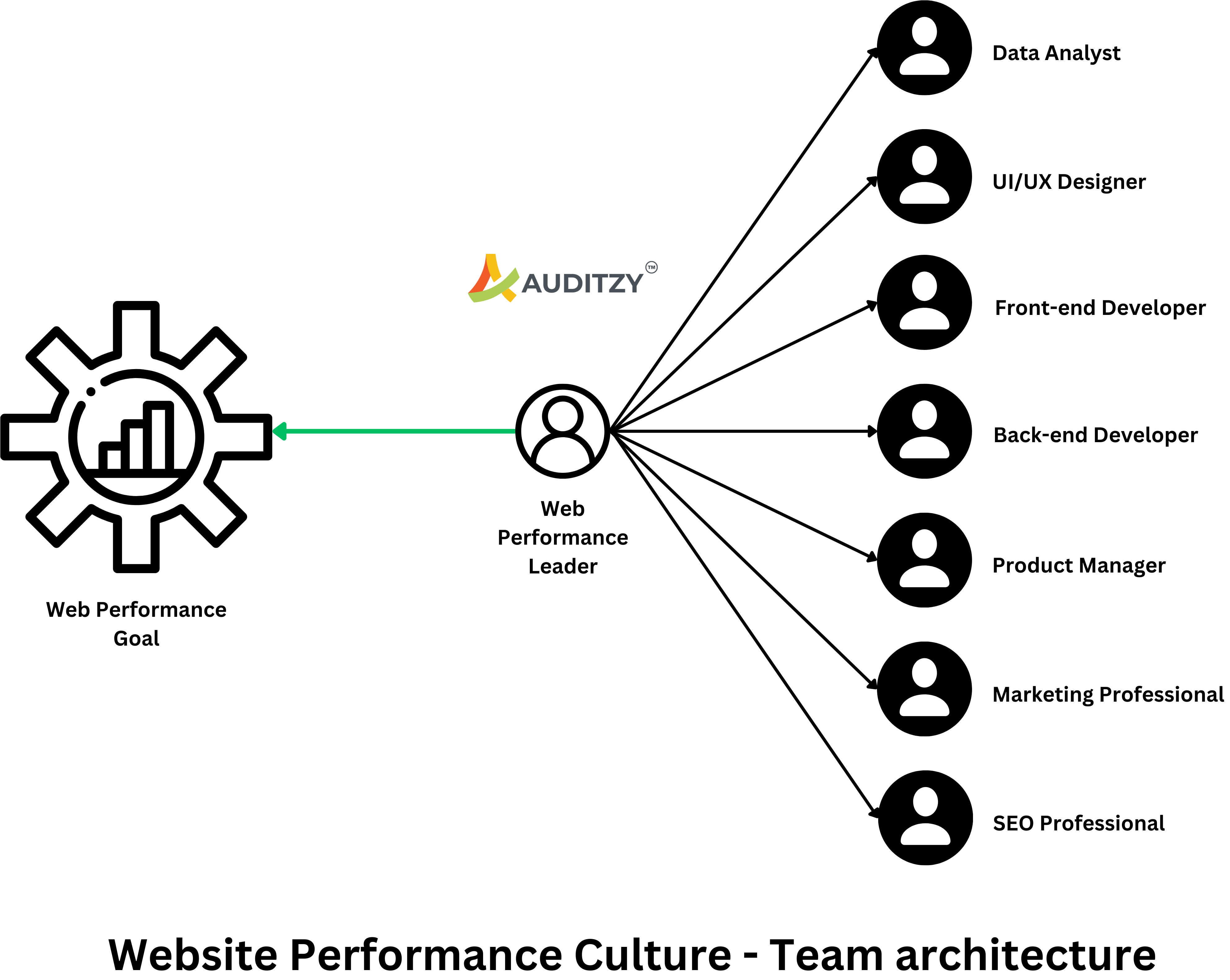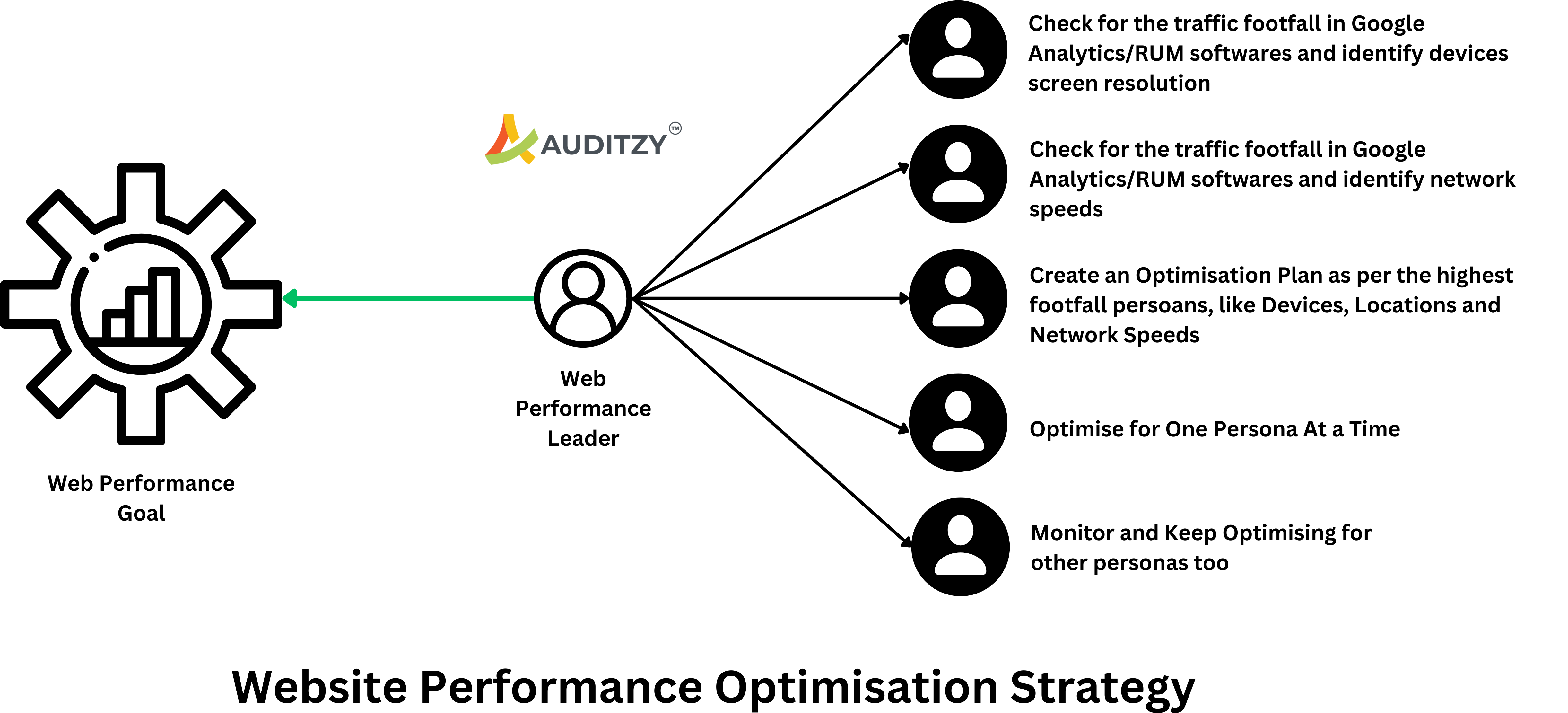Insights
Building a High-Performance Website Culture: A Comprehensive Guide
Overview
In the digital age, fostering a web performance culture is beneficial and essential for businesses. A high-performing website can significantly improve user experience, engagement, and business outcomes. This article provides a comprehensive guide on how to build a high-performance website culture in your organization.
The Importance of a Web Performance Culture
Web performance culture refers to an organizational mindset prioritizing website speed, visual stability and efficiency. It involves creating a feedback loop that encourages people to care about performance, shows them how to contribute, and provides positive reinforcement when results are achieved.
A strong web performance culture can improve bounce rates, increase conversions, and enhance user satisfaction. It can also positively impact revenue, time spent on the site, page views, search traffic, and user retention.
The Need for a Web Performance Culture
In today's fast-paced digital world, users expect websites to load quickly and efficiently. A delay of even a few seconds can lead to user frustration, decreased engagement, and lost business opportunities. Therefore, fostering a web performance culture is not just a nice-to-have but a business imperative.
Moreover, web performance is critical in search engine optimization (SEO). Search engines like Google consider website speed a ranking factor signal, meaning faster websites are more likely to rank higher in search results. Thus, a strong web performance culture can enhance your website's visibility and attract organic traffic.
Creating a Dedicated Web Performance Team
A dedicated web performance team is crucial in establishing and maintaining a performance culture. This team should ideally have the support of someone higher up in the organization, such as a manager with budgetary responsibility.
The team should consist of like-minded individuals passionate about web performance. It could include front-end developers, back-end developers, data analysts, marketers, SEO professionals and managers. Each development team could also have a performance ambassador who is also a performance team member.

The Role of a Web Performance Team
The primary role of a web performance team is to identify and prioritize opportunities for performance improvement. They analyze the website's current performance, identify bottlenecks, and devise strategies to address them. They also monitor the website's performance over time and ensure that performance standards are consistently met.
Moreover, the web performance team also plays a crucial role in promoting a performance culture within the organization. They educate other team members about the importance of web performance, provide them with the tools and knowledge to contribute to performance improvement and incentivize them to prioritize performance in their work.
Setting Up a Performance Plan
A performance plan outlines the team's goals and strategies. It should define performance metrics, monitoring infrastructure, and accountability for performance issues. The program should also detail the tools and how to educate and incentivize people in the organization.
The performance plan should be aligned with the organization's overall business goals. For instance, if the business aims to increase online sales, the performance plan could include strategies to improve the load time and user experience of the product pages and checkout process.

Mapping Performance Metrics to Business Outcomes
Understanding the correlation between web performance and business outcomes is crucial. For instance, the time it takes for a product page to become interactive can be compared to the number of product purchases. This mapping helps estimate the impact of any optimizations and provides compelling arguments to promote performance within the organization.
Different stakeholders within the organization may care about other metrics. For instance, an executive might be interested in the impact of performance on conversions and revenue, while a marketer might care about the effect on user engagement and traffic. Therefore, it's essential to communicate the value of web performance in terms that resonate with each stakeholder.
Accountability, Education, and Empowerment
Everyone who interacts with your website, from developers to content managers, should be accountable for the website's performance. Performance budgets can be a reliable way to monitor a page and ensure performance standards are met.
Performance budgets set a limit on specific performance metrics, such as the load time or the size of resources, and alert the team when these limits are exceeded. They help keep performance in check and prevent performance regressions.
Education is also a crucial part of fostering a performance culture. All team members should understand the importance of web performance and how their work impacts it. They should have the knowledge and tools to identify and address performance issues in their work.
Empowerment is about giving team members the ownership and autonomy to make decisions that improve performance. When team members feel empowered, they are more likely to take the initiative and contribute to performance improvement.
Celebrating Success
Celebrating wins is an essential part of building a performance team. Every time you improve performance, it positively impacts user engagement or revenue; it should be observed and shared within the organization.
Celebrations not only recognize the hard work of the team but also reinforce the importance of web performance. They motivate the team to continue their performance efforts and inspire others to contribute.
How to Monitor Website Performance?
Auditzyis a valuable tool for website performance monitoring teams. It automates the performance monitoring process, freeing the team's time to focus on optimization efforts. With Auditzy, the team can easily monitor the website's performance across a wide range of Visitor First Personas (VFP), identify performance issues, and track the impact of their optimization efforts.
Auditzy's comprehensive performance monitoring can also help the team communicate the importance of web performance to other organizational stakeholders. By showing how performance impacts the user experience for different personas, they can make a compelling case for the value of web performance.
Auditzy allows you to monitor your website's performance across more than 5000+ website Visitor First Personas (VFP), providing a comprehensive view of your website's performance across different user scenarios. This can help you identify performance bottlenecks and optimize your website for all your users, not just a few.
Conclusion
Building a dedicated web performance team and fostering a performance culture can significantly improve your website's performance and positively impact your business outcomes. It requires commitment, education, and continuous optimization, but the benefits are worth the effort. By prioritising web performance, businesses can provide a better user experience, improve their SEO, and drive business growth.
Get started with Auditzy today to monitor your website speed and performance in real-time!



